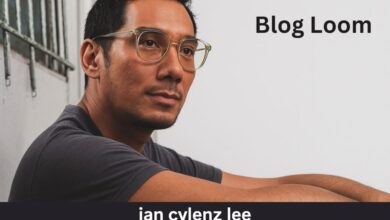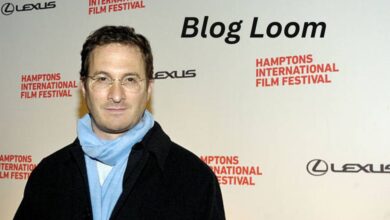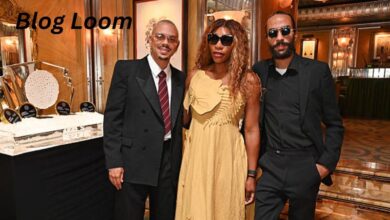Hugo Bachega Nationality: Who is the BBC Reporter in Beirut?
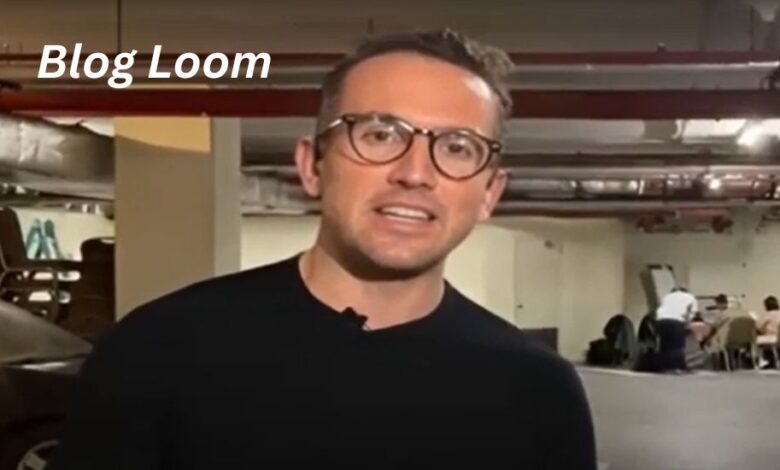
In the world of global journalism, correspondents often become the unseen eyes and ears of millions, reporting from volatile regions and conflict zones. One such name that has emerged over the years is Hugo Bachega, a BBC reporter frequently associated with coverage from Beirut and the wider Middle East. While his work is widely broadcast, details about his nationality, background, and career are less commonly discussed. This article dives deep into the question: “What is Hugo Bachega’s nationality?” and also explores his career, early life, and role as a trusted journalist for one of the world’s most respected media outlets.
The Enigma Around Hugo Bachega’s Nationality
Despite appearing regularly on BBC platforms, Hugo Bachega’s nationality remains a topic of debate across the internet. Various online sources suggest he is Brazilian by origin, while others speculate about possible dual nationality — Brazilian and British.
-
Some biography blogs state he was born in São Paulo, Brazil, suggesting Portuguese is his mother tongue.
-
Others claim a connection to the UK, pointing to his career development in British media circles, hinting at possible British citizenship.
-
The uncertainty is heightened by his international accent — a refined English delivery that doesn’t strongly lean toward a distinct national tone.
What stands out, however, is the consistency of the claim that Bachega’s roots trace back to Brazil. Multiple blogs and profiles reference a Brazilian origin, and his early career reportedly began with Reuters in São Paulo before moving into international reporting.
Why His Nationality Matters in Journalism
Nationality might appear to be a trivial detail in a journalist’s biography, but in international reporting, it can shape access, perspective, and understanding.
-
Access to Local Networks
A journalist’s nationality or cultural background often influences their ability to connect with sources. If Bachega is indeed Brazilian, his Latin American upbringing might have equipped him with a global outlook, making him adaptable to covering diverse regions. -
Neutrality in Conflict Zones
Nationality also plays a subtle role in perceptions of neutrality. Journalists representing Western powers in the Middle East sometimes face skepticism. Someone with Brazilian roots may encounter different levels of trust compared to purely Western correspondents. -
Representation in Global Media
The BBC has long been criticized for being overly Anglo-centric. Reporters like Bachega highlight the organization’s effort to bring in international voices to tell global stories.
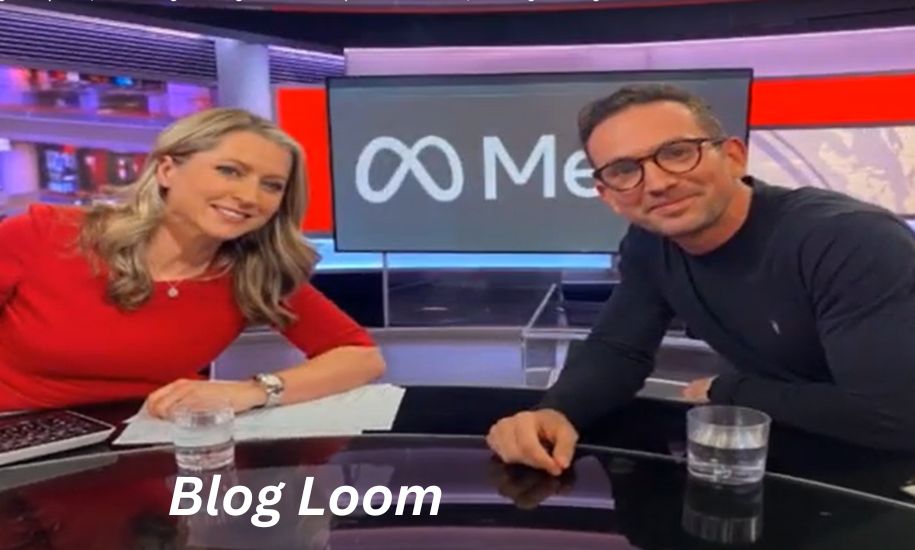
Hugo Bachega’s Career Path
Early Steps with Reuters
Reports suggest Hugo Bachega began his journalism career with Reuters in São Paulo, Brazil, covering business and local politics. Reuters has historically been a launching pad for many correspondents who later join larger organizations like the BBC.
Joining the BBC
His career later aligned with the BBC, one of the most trusted names in international broadcasting. As a BBC correspondent, Bachega has appeared on both live television and radio, providing updates from key geopolitical hotspots.
Beirut and the Middle East Connection
The phrase “Hugo BBC reporter in Beirut” has become almost synonymous with his name. Beirut serves as a strategic base for Middle East coverage, offering proximity to conflict zones such as Syria, Israel-Palestine, and Lebanon itself. Bachega’s role includes:
-
Covering breaking news in conflict regions.
-
Providing on-ground perspectives during military escalations.
-
Reporting on refugee crises and humanitarian issues.
-
Analyzing the geopolitical impact of Middle East conflicts on the world.
Reporting Style and Strengths
Bachega’s reports reflect a style that blends factual precision with human storytelling. His ability to translate complex conflicts into clear narratives makes his work resonate with a global audience.
-
Calm Presence in Crises: His on-screen composure during high-stakes situations establishes credibility.
-
Cultural Sensitivity: Whether in refugee camps or political press conferences, his reporting often emphasizes the human dimension of conflict.
-
Adaptability: His postings suggest he is equally comfortable covering breaking military events or long-term humanitarian stories.
The Challenges of Reporting from Beirut
Being a BBC correspondent in Beirut is far from easy. The city, while vibrant, is geographically close to several unstable regions. Journalists based there often face:
-
Physical danger: Proximity to Syria and periodic conflicts in Lebanon pose risks.
-
Political sensitivities: Reporting requires balancing narratives without upsetting powerful regional players.
-
Logistical obstacles: Access to conflict areas, refugee camps, or border crossings demands perseverance and negotiation.
Bachega’s ability to continue producing reliable reports under such conditions speaks volumes about his professionalism.
Multilingualism and Global Identity
Hugo Bachega reportedly speaks Portuguese (native), English (fluent), and possibly conversational Spanish and Arabic. This linguistic adaptability strengthens his ability to interact with diverse communities.
His global identity — whether Brazilian, British, or both — embodies the transnational nature of modern journalism. In an era when stories cross borders instantly, reporters like Bachega symbolize a world citizen perspective.
Public Curiosity: Why the Interest in His Nationality?
The recurring searches for “Hugo Bachega nationality” reflect how audiences are curious not just about the news but about the people who bring it. This fascination comes from:
-
Personal Connection: Viewers often feel a bond with correspondents who appear on their screens in moments of crisis.
-
Authenticity Checks: Knowing a journalist’s background can help audiences gauge their perspective and biases.
-
Representation: Audiences from Brazil or Latin America, for example, might feel pride if one of their own is representing them on a global stage like the BBC.
Hugo Bachega: The Symbol of Modern Journalism
Whether Brazilian, British, or both, Hugo Bachega represents the modern journalist — adaptable, multilingual, globally mobile, and deeply engaged in telling human-centered stories. His presence in Beirut underscores how journalism has evolved into a profession where nationality is both significant and, paradoxically, secondary to credibility and commitment.
Conclusion
The question of Hugo Bachega’s nationality may never have a simple answer unless he or the BBC officially clarifies it. What remains clear is that he has carved a niche for himself as a respected BBC correspondent reporting from Beirut and beyond. His career trajectory, multilingual skills, and ability to navigate complex international landscapes make him a valuable voice in global journalism.
In the end, whether Brazilian, British, or a blend of both, Hugo Bachega’s identity is defined less by the passport he carries and more by the stories he tells to the world.
As readers continue to wonder “Who is Hugo, the BBC reporter in Beirut?” the answer is not just about his nationality — it is about his role as a voice of truth from one of the world’s most turbulent regions.
This article is published on Blog Loom to provide insights into the journalists who shape global narratives.
